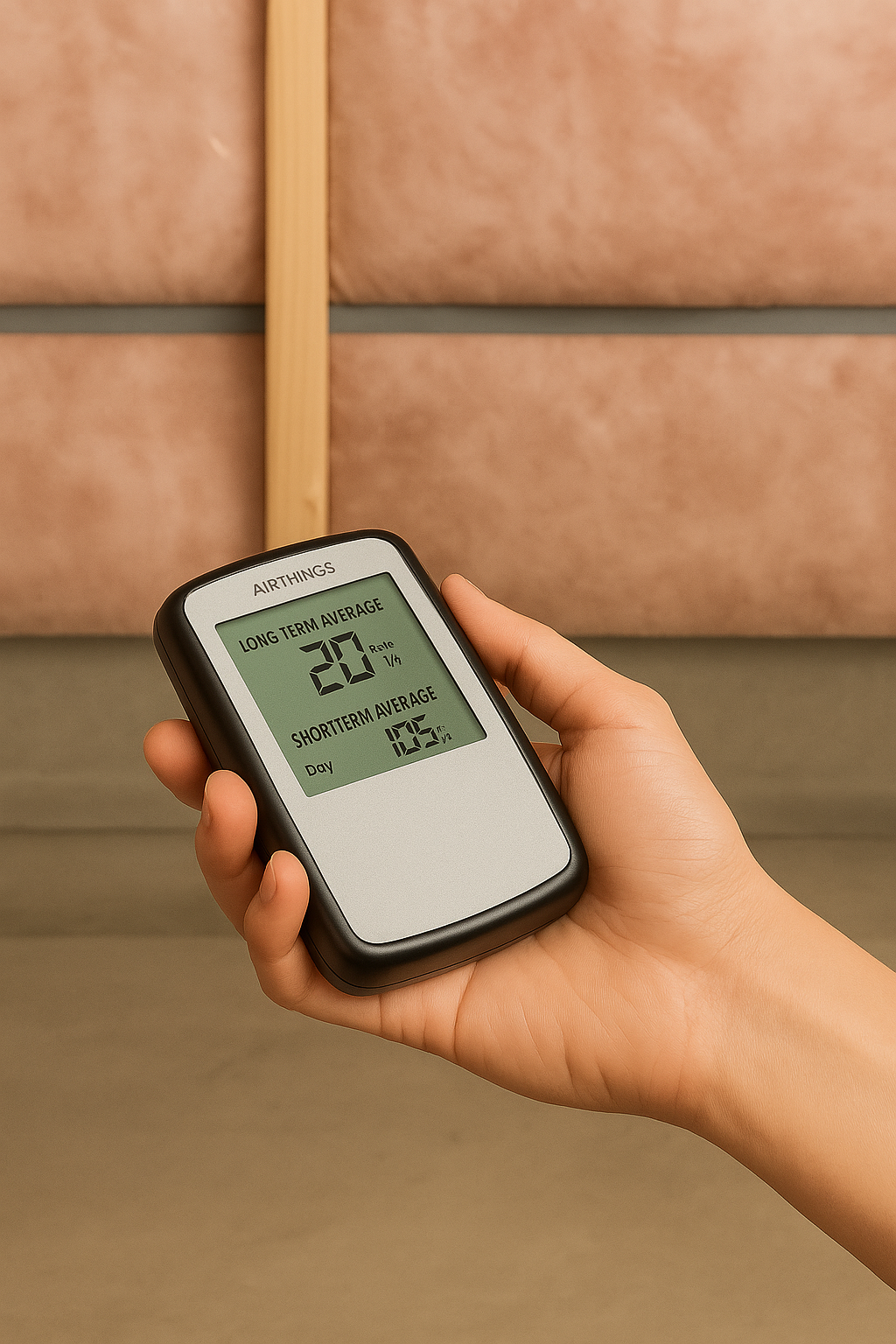Radon testing is the essential first step in protecting your home and family. According to Health Canada, the only way to know if radon is present at unsafe levels is to test. Because radon levels can fluctuate daily and vary from one home to another, testing provides the accurate results you need to determine whether further action is required.
If you haven’t tested yet, start with a reliable home test kit.
Trusted options in Canada include the Airthings Corentium Home and Radon Eye RD200 (both digital monitors that give fast, continuous readings). More options can be found in this list of C-NRPP approved consumer testing devices: https://c-nrpp.ca/consumer-grade-electronic-radon-monitors/
These kits are accurate, easy to use, and available through Home Depot, Canadian Tire, or Amazon Canada. Once you’ve completed testing, we can help you interpret your results and, if needed, schedule a free in-home mitigation assessment.
Most homeowners begin with an affordable home test kit - available online or at most hardware stores. It’s quick, accurate, and shows whether or not a radon mitigation system should be installed in your home.
- Test in the lowest lived-in level of the home (often the basement).
- Place the device 20–30 inches off the floor. This represents the normal breathing zone when people are seated. Keep it away from walls, windows, vents, or air returns.
- Avoid sunlight, drafts, or humidity.
- Run tests for at least 7 days; long-term (30+ days) gives the most reliable results.
- Winter months = better accuracy (when windows/doors stay closed).


To speak to someone immediately, call now